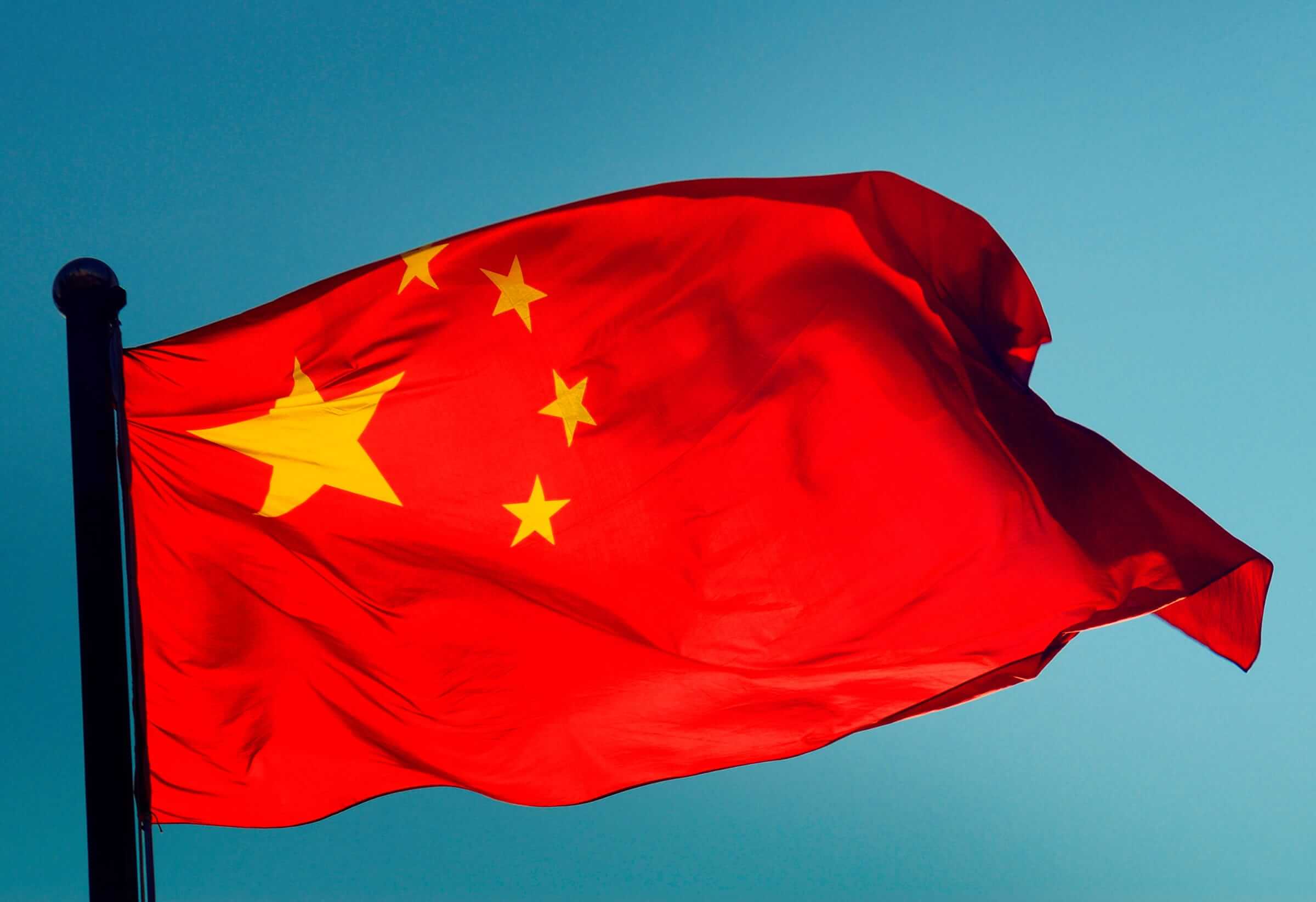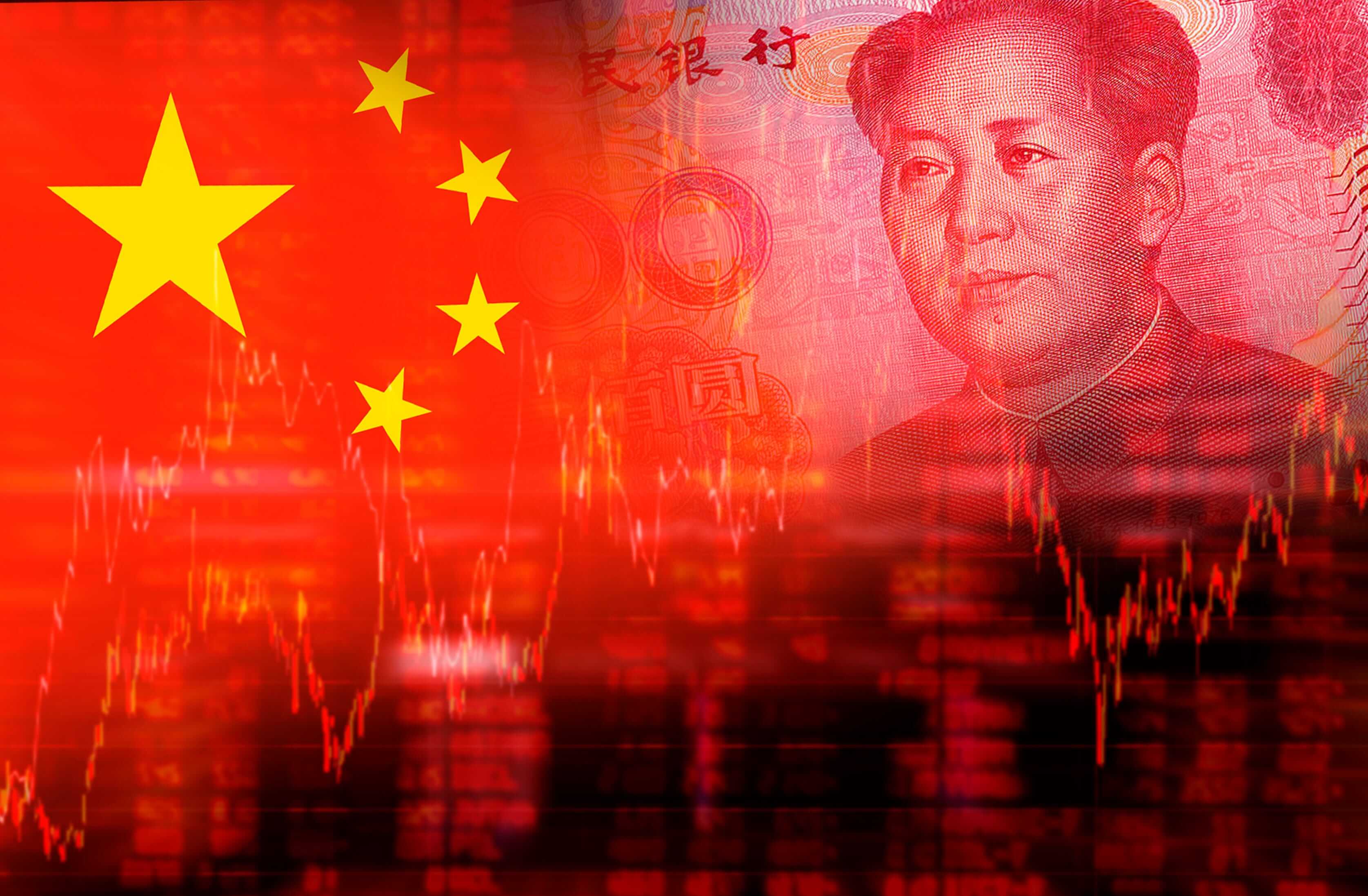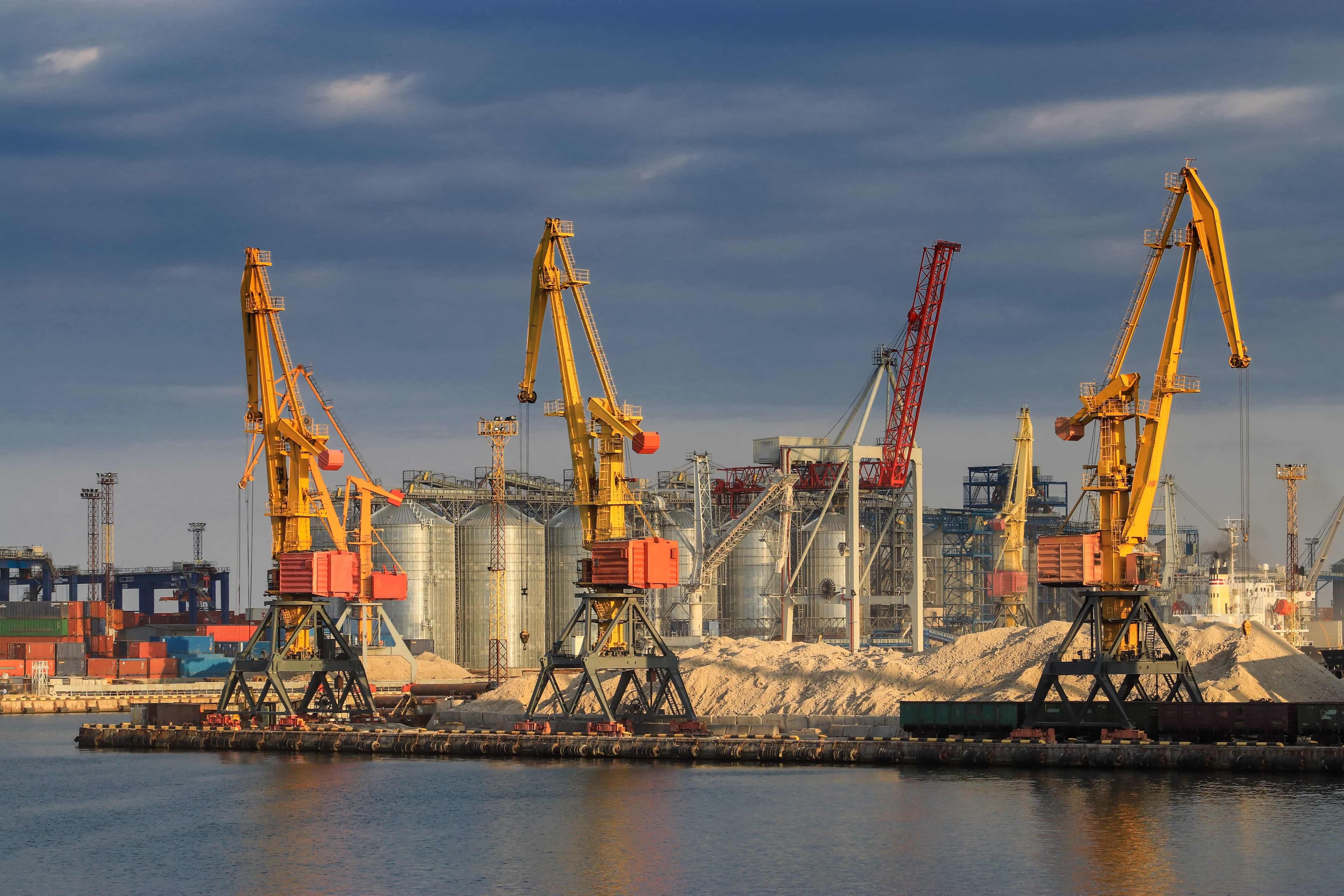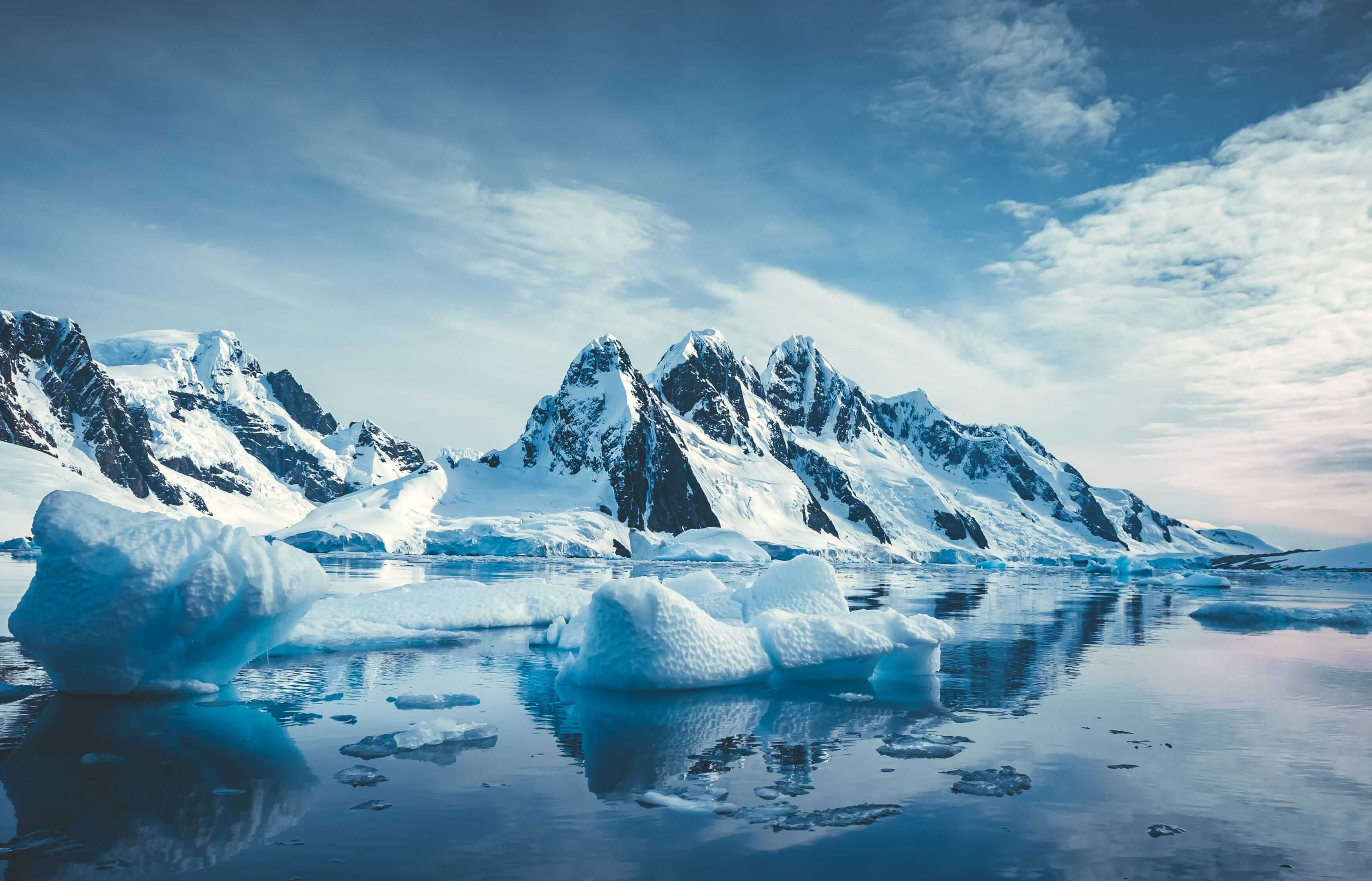Weekly Digest: China Tips Into Deflation, Gas Price Worries

12/08/2023: China falls into deflation as consumer prices drop for the first time since 2021, gas price futures rise by nearly 40% on Australia supply fears, Ukraine announces a “humanitarian corridor” for ships stuck in Black Sea ports. And more.





